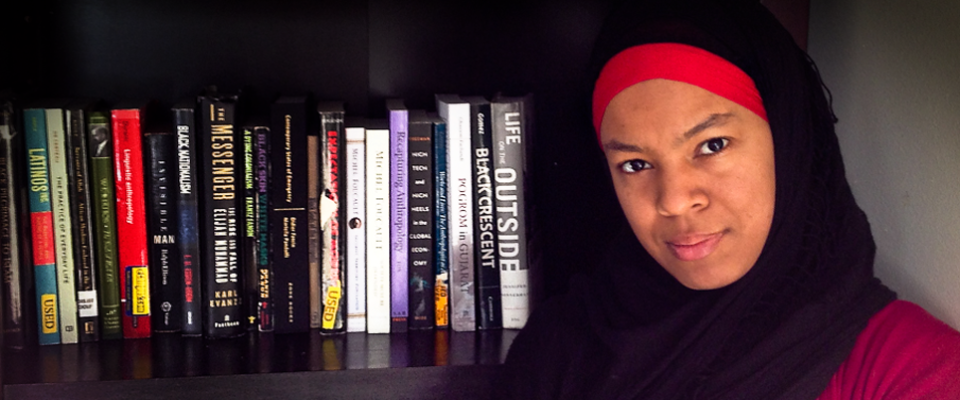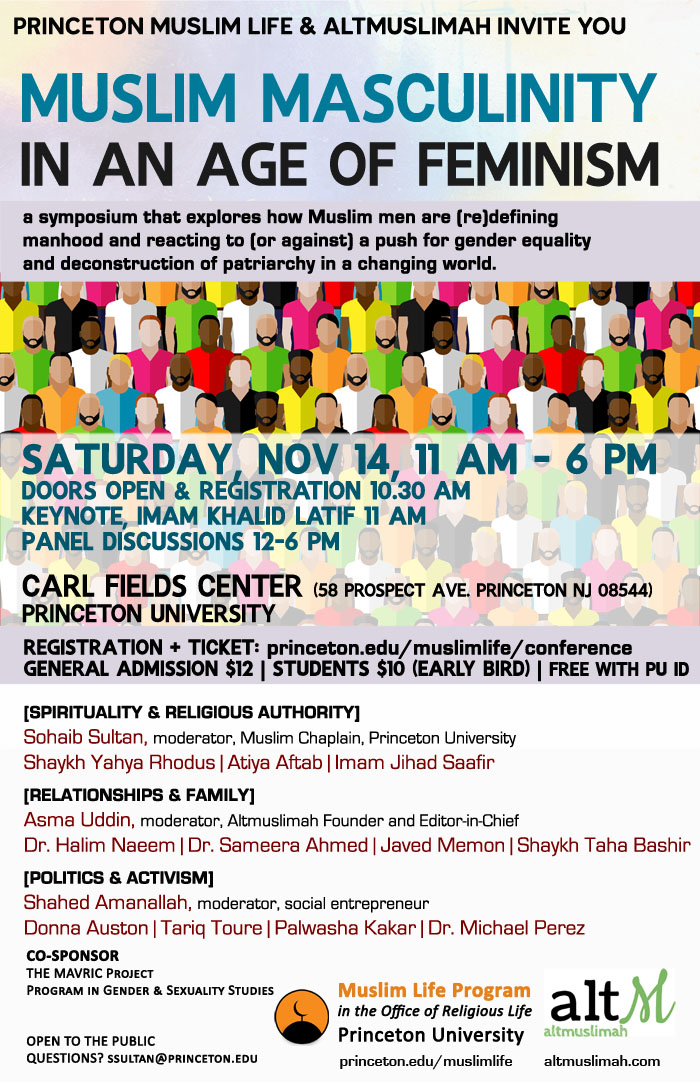The foundation for a righteous masculinity cannot be built upon the domination of women.
Reflecting upon my experiences as a Muslim woman for the last twenty something years, who for much of that time has muddled through the enormity of trying to guide three daughters into Black Muslim womanhood in a world that rarely values any of those things.
Much of that process has been characterized by the push and pull of unreconciled strivings. On the one hand, there has been the overwhelming sense of general frustration with a world that seems to have very little conceptual space for fathoming models of dynamic (Black) Muslim womanhood, therefore fighting for the simple right to breathe, and to be is an everyday struggle with tooth and nail. Surely there is refuge at home to be had, or so the rhetoric goes. Muslim women are a beloved treasure in the ummah, honored with a unique status in life and the cosmic order. Except when we are not.
What life has demonstrated as often as not is that there is an inherent tension that arises when heavenly mandates meet earthly limitations. Scripture and divine lessons are necessarily filtered through human shortcomings, and we struggle mightily with the predilection to interpreting revelation through lenses obscured by unjust power relations and a compulsion to replicate the status quo. As a result, we have the unfortunate tendency to place words in the mouth of the Most Just—words that validate misogyny, reinforce racism, erect uneven power relations between human beings and reinforce them with corrupted pretentions to godliness. As a result, we have become a community that has essentialized male domination as natural and necessary—idealized it as a requisite condition for being properly and righteously masculine, and in the process encoded and infused injustice into so many of our collective endeavors.
We see the results in our approaches to sexuality, physical and emotional intimacy, we see it in our families, it shows up in our mosques (even our architecture betrays us). When male domination is a foundational, fundamental organizing principle in our individual and collective identities, the fruits of this poisoned tree subsequently taint our other, would-be noble struggles for social justice.
For how can we rightly decry racism, Islamophobia, or economic oppression from the outside while upholding internal models of gender-based domination as divinely inspired, and therefore right? How can we not understand the pathological need for aspirations to domination as rooted most immediately in the trauma of colonialism and slavery, and more fundamentally in the unfortunate but persistent tendency of human beings to enact oppression on one another that is as old as we are. If we are serious about social justice, our efforts must begin at home. There is too much at stake.
My ancestors were the very definition of unfree; bought and sold alongside cattle and sugar, exploited and violated every day of their lives. Subsequent generations until the present have struggled and strived for the Promised Land for as long as any of us can remember.
And among our sages were men like Frederick Douglass and Martin Delany, co-editors of the nineteenth century abolitionist publication entitled the North Star, whose masthead declared, “Right has no sex, truth has no color.” These men understood the power of intersectional thinking, knew that race and gender oppression were co-constituted, and that a masculinity fashioned from the materials of male domination would always be of the most shoddy construction.
Donna Auston will be presenting at the Muslim Masculinity in an Age of Feminism conference:






